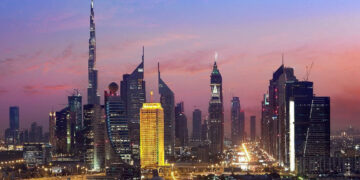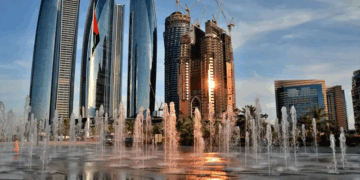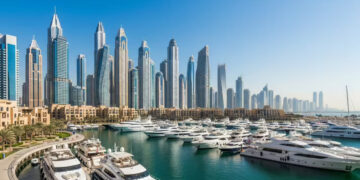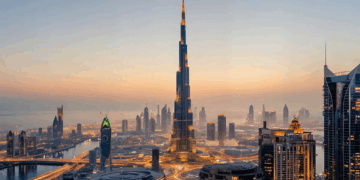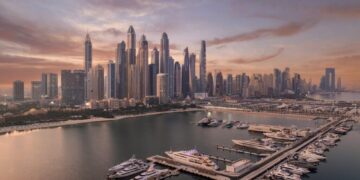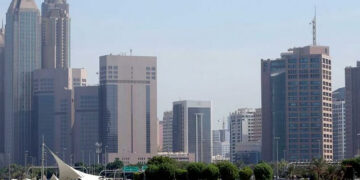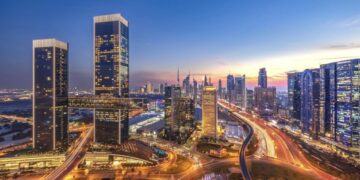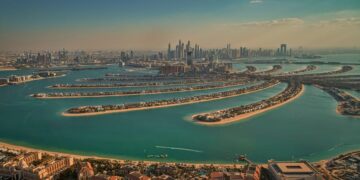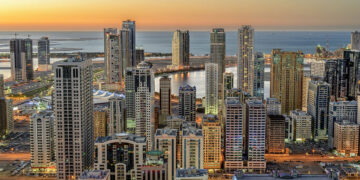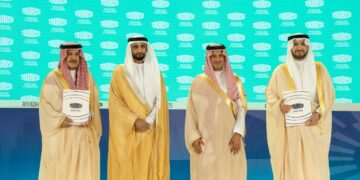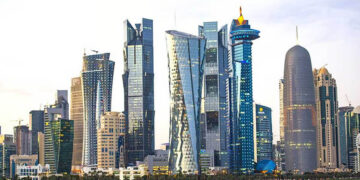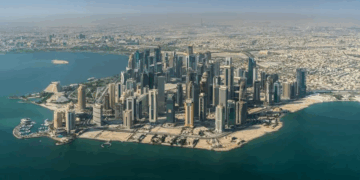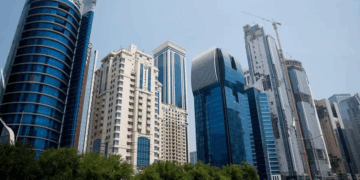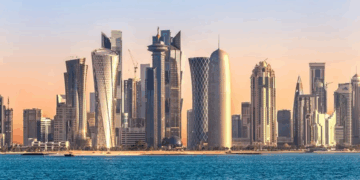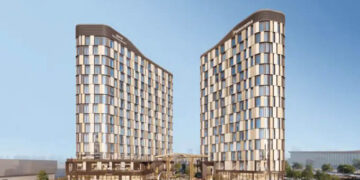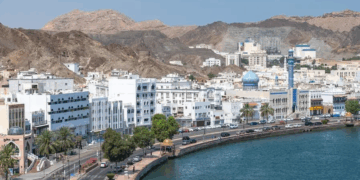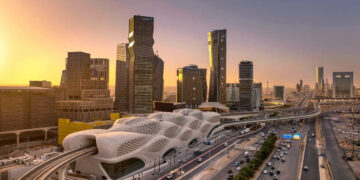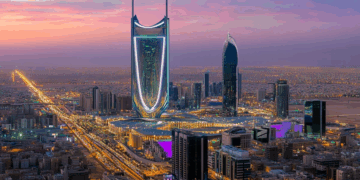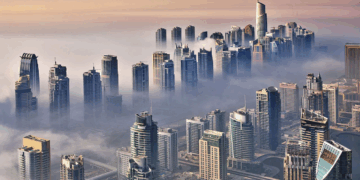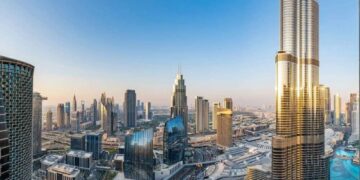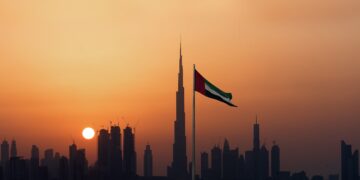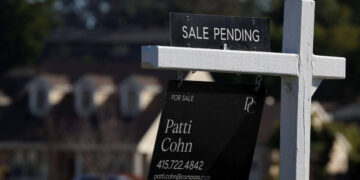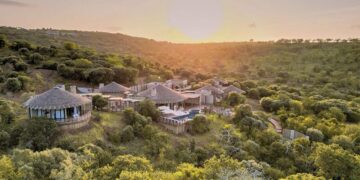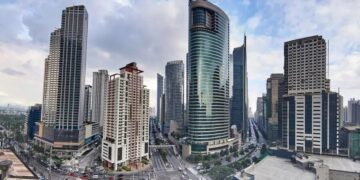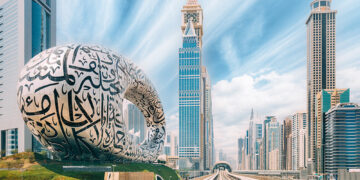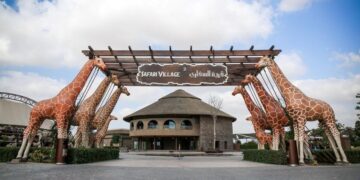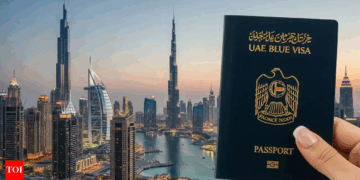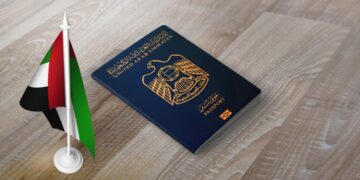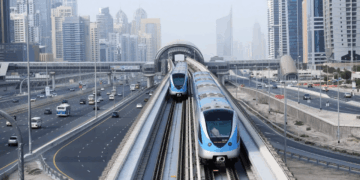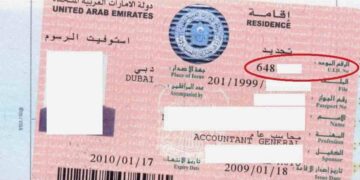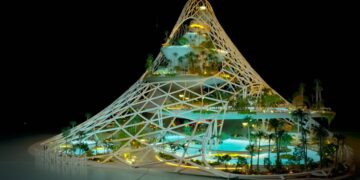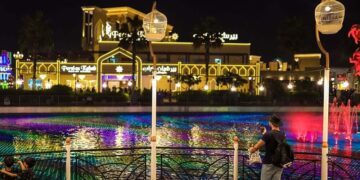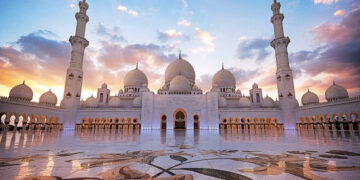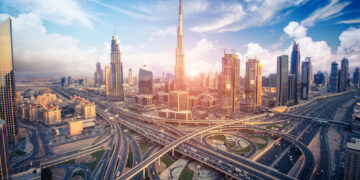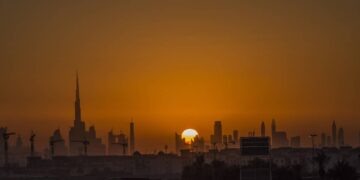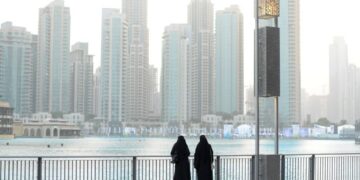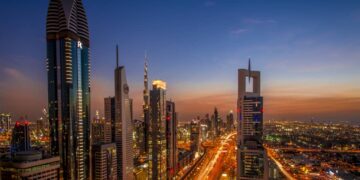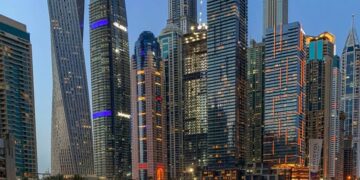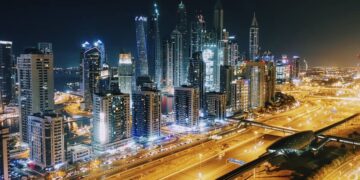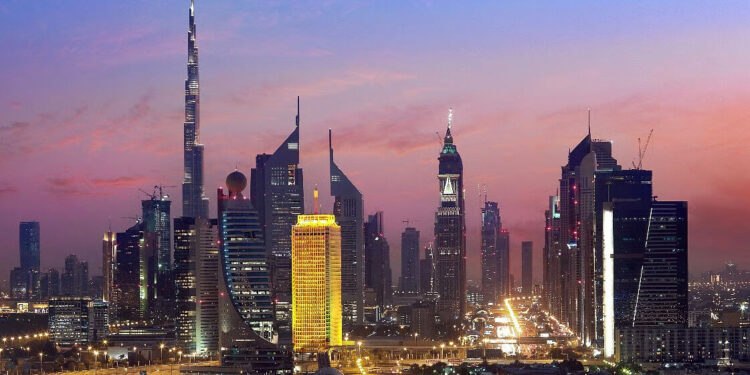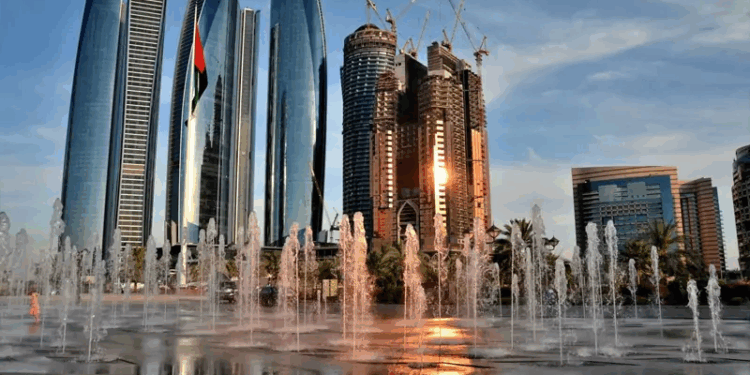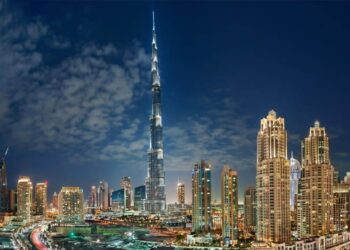As the emirate maintains its position as a top location for real estate investment, Dubai’s residential real estate market continues to defy international trends, recording steady increases in both sales volumes and values.
Dubai is seeing one of the biggest residential expansions in its history, with 73,000 new homes expected to be delivered by 2025 and an ambitious goal of 300,000 units by the end of 2028, according to consultancy Cavendish Maxwell.
The market is still steadily rising even though there has been a minor quarter-over-quarter drop. The city registered 42,000 real estate sales transactions totaling Dh114.4 billion in the first quarter of 2025. Although this is a 10% decrease from the final quarter of 2024, it is a startling 23% increase over the same time last year. Although prices started the year down, they are currently stabilizing, according to Ronan Arthur, Director and Head of Residential Valuation at Cavendish Maxwell. A maturing market was indicated by the average quarterly price growth of 2.8%, which was marginally lower than the 4% average of 2023 and 2024.
In the first quarter of 2025, almost 95 new projects were introduced, adding an estimated 29,000 residential units to the market. In the same time frame, about 9,300 of these units were finished, which is the second-highest quarterly total in the last two years. Nearly 80% of the completed homes were apartments, with the remaining portion being townhouses and villas. Jumeirah Village Circle (JVC) added 4,330 apartments and recorded 3,330 apartment sales, leading all other regions in both completions and transactions.
Activity was driven by off-plan sales, which generated Dh77.5 billion from 29,000 transactions, or almost 70% of all transactions and a 32% rise from the previous year. Resilience was also demonstrated by the secondary market, which saw 13,200 transactions, or a 6.6% yearly increase. Although the desire for larger residences is also rising, 75% of all purchases were for apartments. Due to consumers’ increasing desire for larger living spaces, townhouses and villas accounted for 17% and 7% of purchases, respectively.
There was also a noticeable increase in luxury real estate, with 590 homes sold for more than Dh20 million, compared to 480 during the same time previous year. The fact that most of these high-end sales—67%—were off-plan suggests that wealthy investors have a strong desire for new developments. The average cost of real estate increased by 16% annually to Dh1,535 per square foot by March 2025.
Sivaprasad, chairman of Condor Developers, the prime property market continues to record steady surge in demand. “The rise in the influx of wealthy buyers to Dubai continues to propel the luxury residential sector, defying general regional trends. Dubai’s residential property market continues to flourish, driven by strong investor sentiment, a diversified demand base, and strategic planning. As the city evolves, developers and investors alike will need to navigate a more mature and dynamic landscape — one that increasingly rewards timely execution, smart planning, and long-term vision,” said Sivaprasad.
On the other hand, rental dynamics are beginning to stabilize. Rent growth was 14.4% annually, but only 1% quarterly, which was the smallest rate in two years. The introduction of the Dubai Smart Rental Index, which is anticipated to provide pricing transparency and structure, and the expanding supply of new units may be the causes of this. At 7.3% for apartments and 5% for villas and townhouses, average rental yields are still appealing. While Industrial City leads the villa segment at 6%, several neighborhoods, including Dubai Investments Park, International City, and Downtown Jebel Ali, are giving yields as high as 10.3% for flats.
Additionally, record-breaking activity in May 2025 reinforced market optimism. Fäm Properties reports that during the month, Dh66.8 billion worth of real estate was sold in Dubai, representing a 49.9% increase over May 2024. It was the second-highest volume month ever, with 18,693 transactions. In comparison, just Dh2.3 billion from 1,400 trades were made in May 2020. This sharp increase highlights how the emirate has developed into a major international investment destination, driven by both economic stability and ongoing interest from wealthy people.
Industry leaders maintain their confidence in spite of certain analysts’ worries over a possible 15% price fall. Firas Al Msaddi, CEO of fäm Properties, allayed the concerns, saying that the industry is simply entering a phase of more measured growth rather than a downturn. Demand seems to be in a good position to take in new supply, as more than 360,000 residential units are planned for the next five years, but only a small portion are almost finished.
